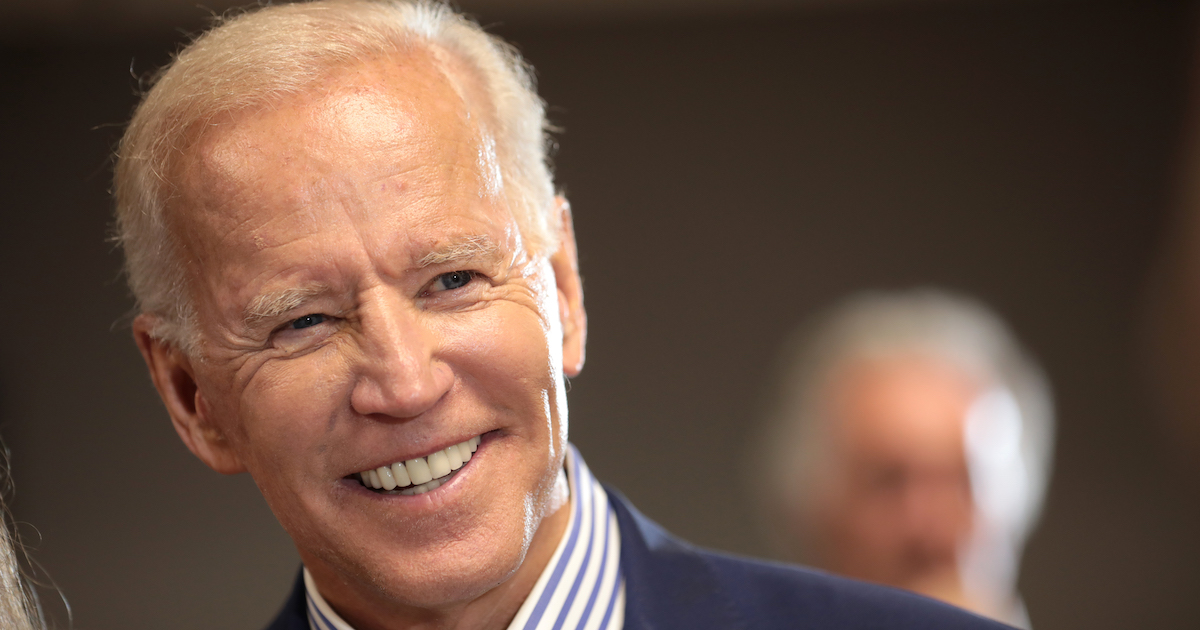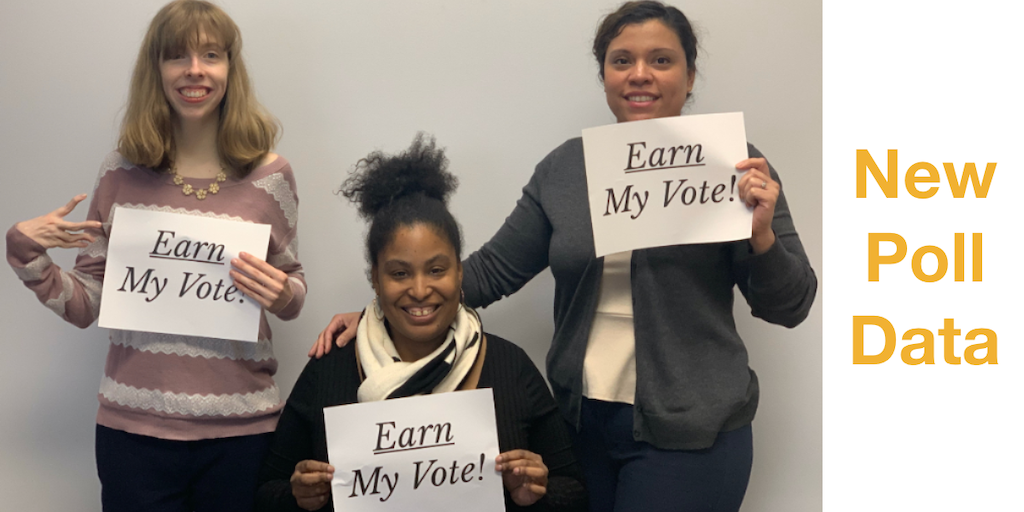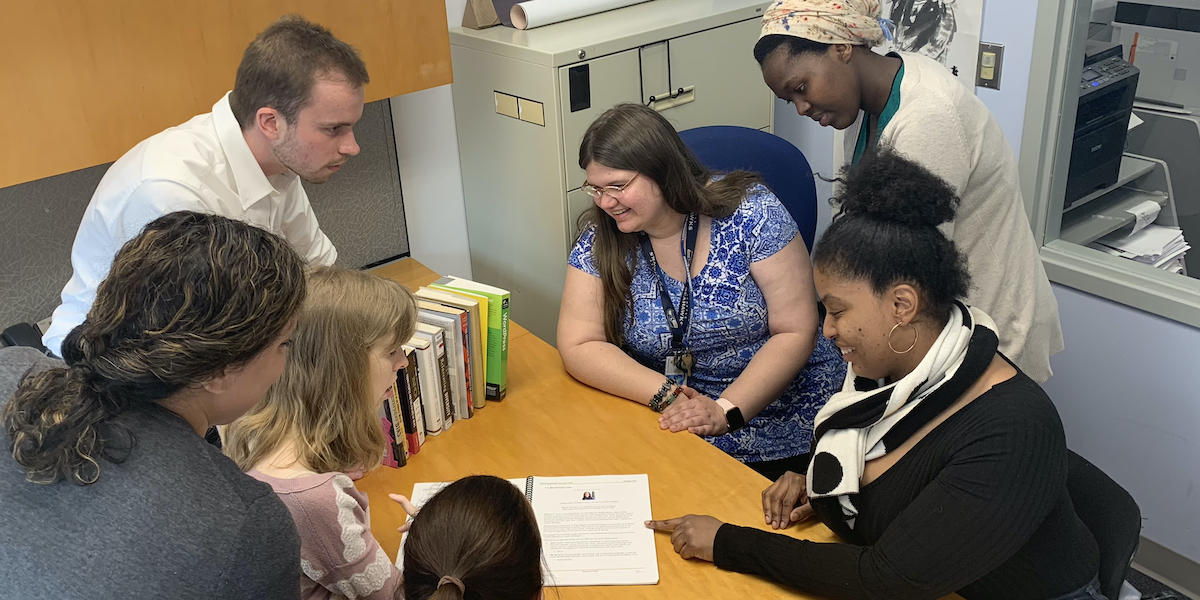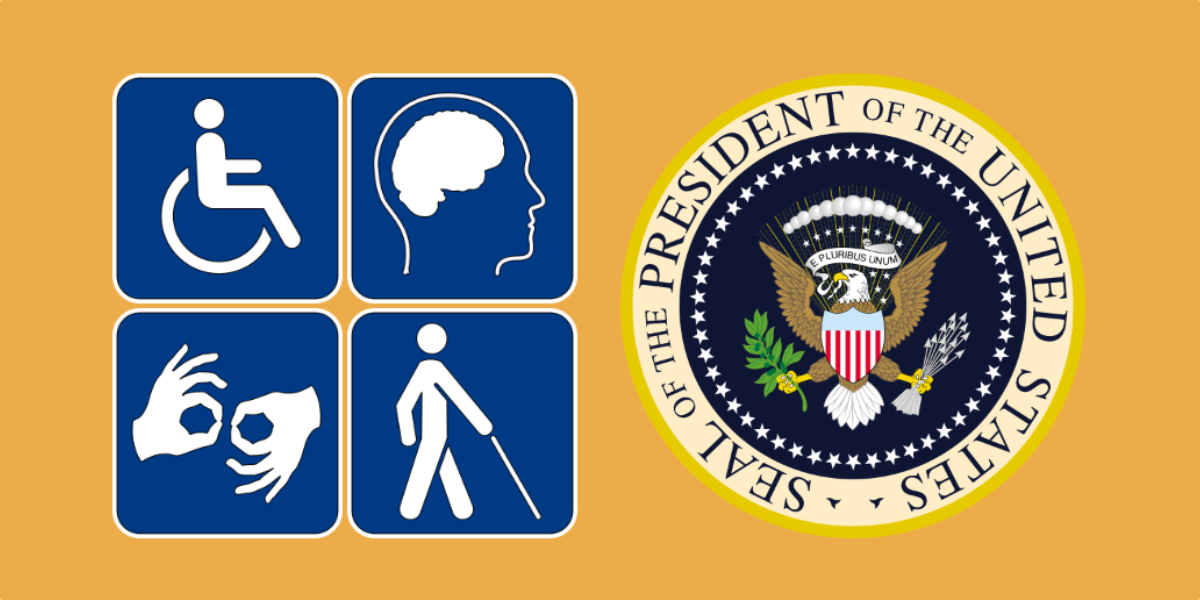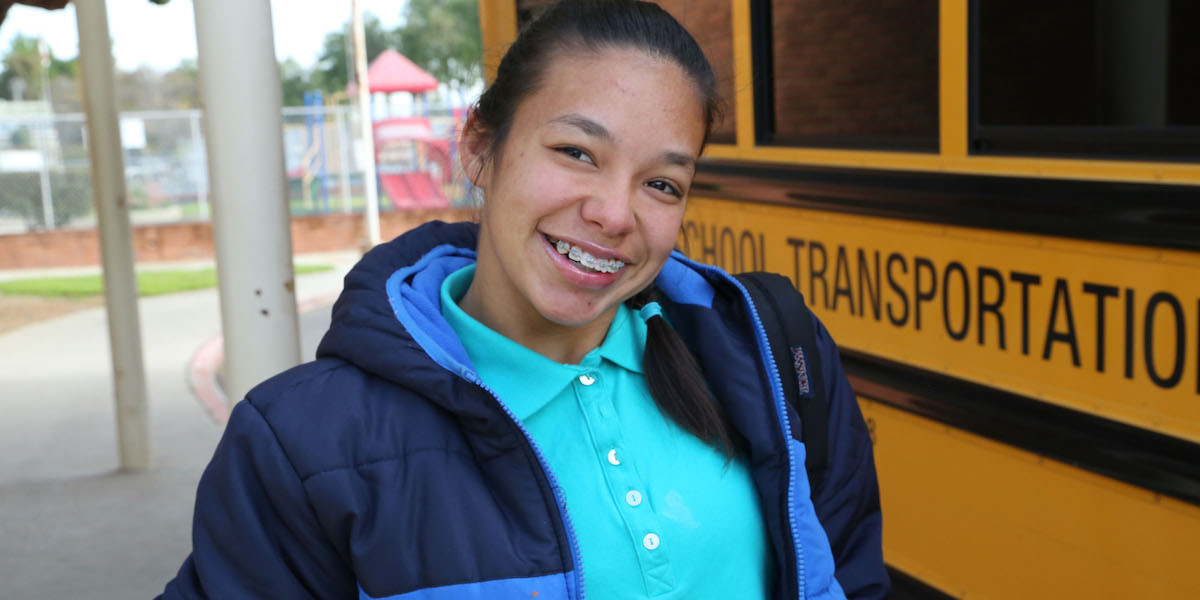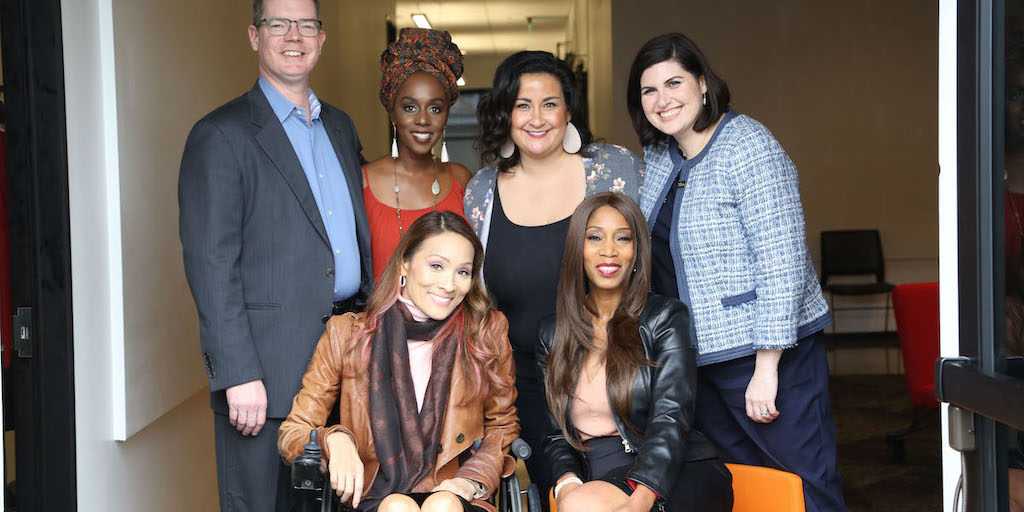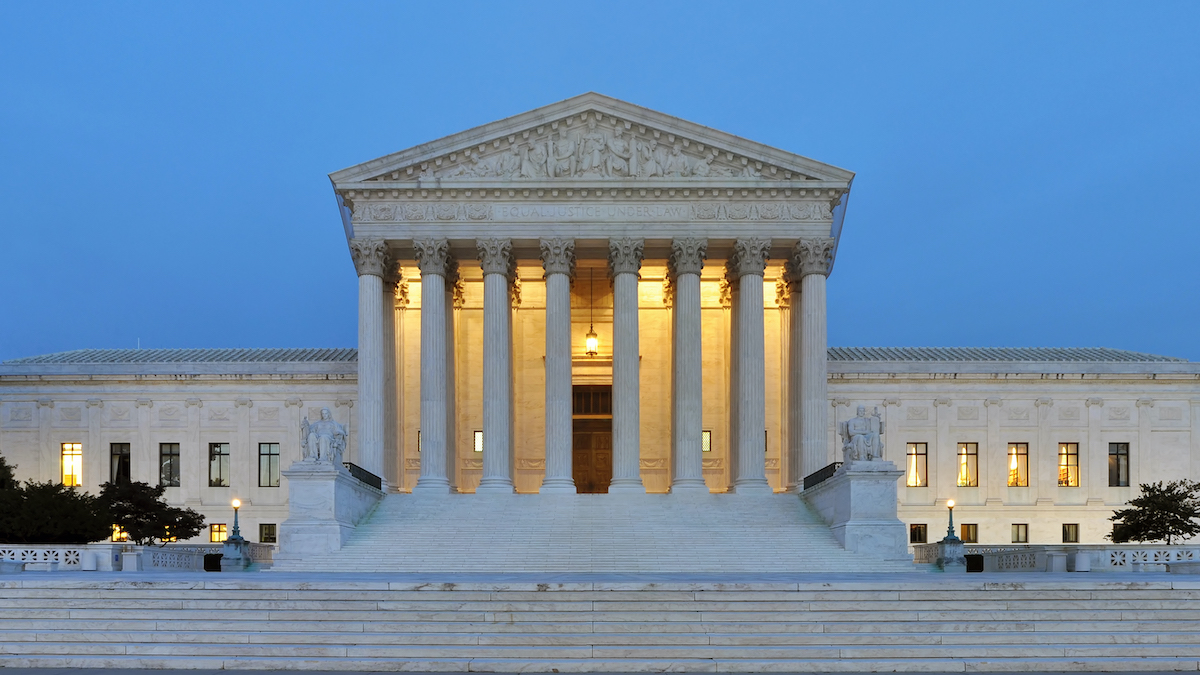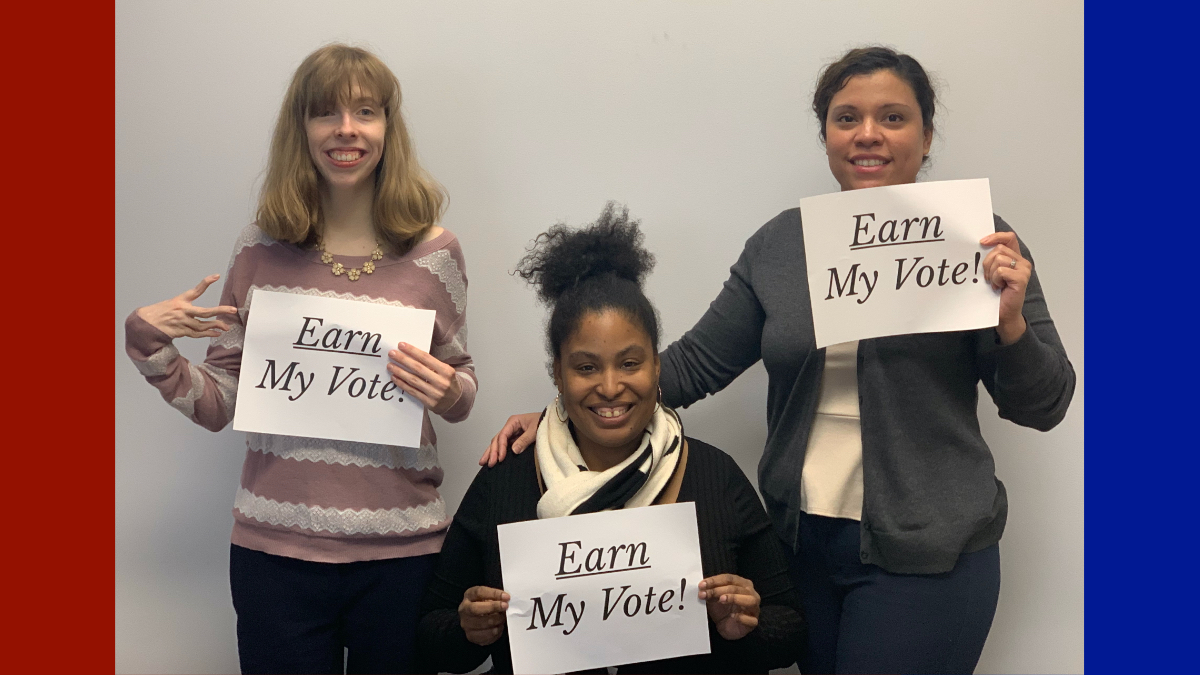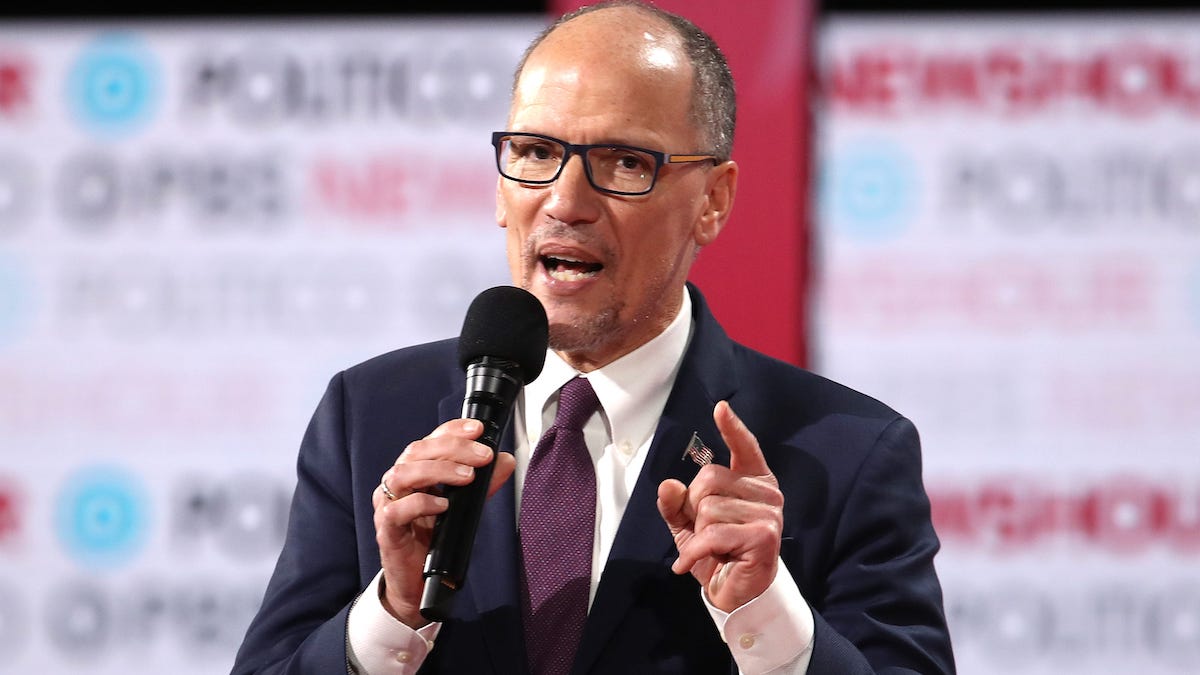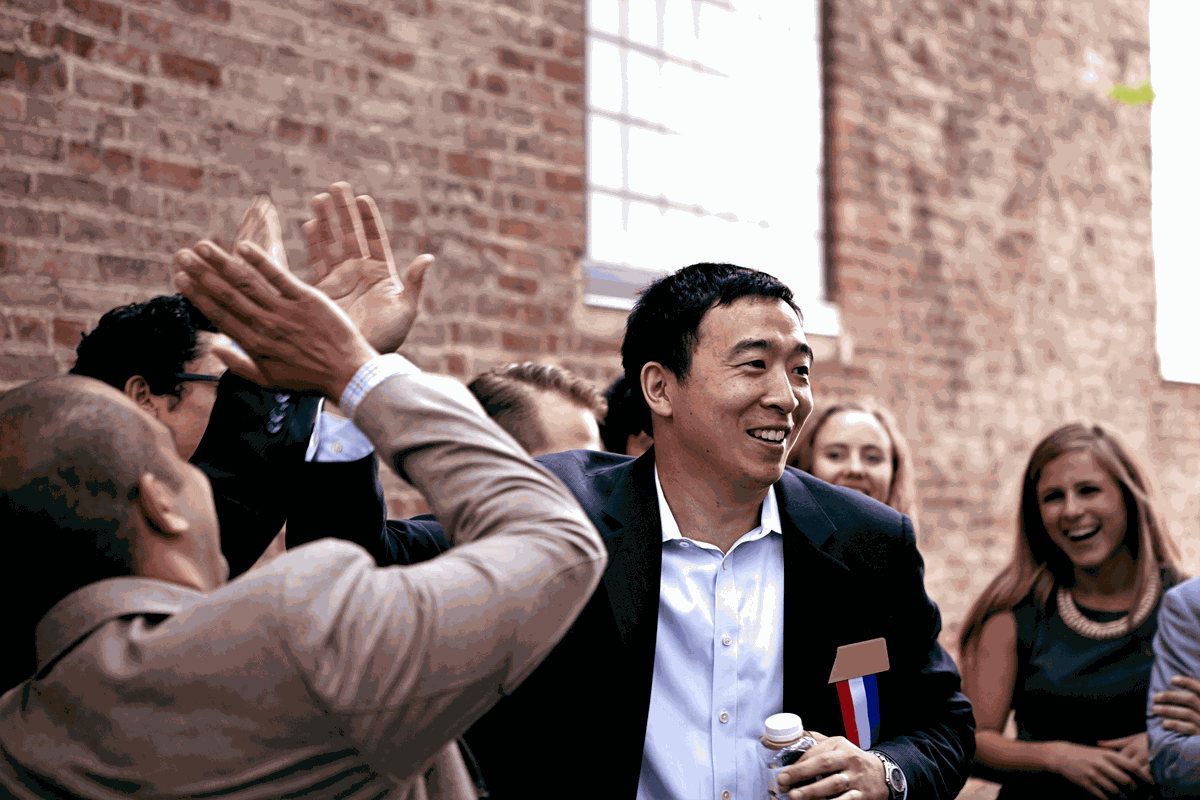Key actions and positions posted on the intersection of disability and education, jobs, immigration, climate crisis, criminal justice and more.

Washington, D.C. Sept. 9 – Former Vice President and Democratic Presidential candidate Joe Biden has responded to a detailed candidate questionnaire on disability issues. The questionnaire is from RespectAbility, a nonpartisan nonprofit disability organization that does not endorse candidates. The questionnaire is purely for educational purposes. The answers to the questionnaire will be turned into nonpartisan voter guides in states across the country. This questionnaire builds on candidate outreach work done earlier this year during the Democratic Presidential Primary as well as past work in 2018 and 2016. The full text of RespectAbility’s questions and Biden’s responses follows:
1. Learning during the COVID-19 pandemic has led to more issues and concerns for all students and their families, but this is especially true for students with disabilities. Additionally, the gap in graduation and drop-out rates between students with and without disabilities continues to undermine their futures. For example, in the class of 2018, only 66 percent of Black students with disabilities, 71 percent of Hispanic students with disabilities, 77 percent of white students with disabilities, and 79 percent of Asian-American students with disabilities completed high school. Furthermore, just seven percent of students born with a disability graduate from college. What is your plan for ensuring that all students with disabilities receive a quality and appropriate education to acquire the critical and marketable skills necessary to compete in a job-driven economy?
I will start by fully funding and enforcing IDEA and tripling Title I funding to increase resources available to educators to meet the needs of students with disabilities. I will support efforts to recruit and retain special education teachers, including diverse special education teachers, and provide professional development opportunities to all teachers and paraprofessionals who work with students with disabilities. Our Administration will promote universal design in teaching practices and classroom features, such as instructional techniques, classroom materials and resources, classroom seating, testing, and note-taking. To address the disparity in school discipline, including suspension, expulsion and segregation, I will fully implement the special education significant disproportionality regulation that the Obama-Biden Administration put in place and support the passage of the Keeping All Students Safe Act, which will end the use of seclusion and prevent and decrease the use of physical restraints in schools.
I will ensure that school districts are meeting their obligations under IDEA to provide transition services to all students with disabilities by the time they turn 16, and encourage them to start even earlier—at age 14 so they can graduate ready for continuing education or employment. I will direct the Department of Education to provide additional guidance to states and school districts on ensuring that all pathways to college and the workforce, such as advanced coursework, dual enrollment opportunities, and high-quality career and technical education, are accessible to all students with disabilities.
I will increase funding for programs such as the Model Comprehensive Transition and Postsecondary Program for Students with Intellectual Disabilities Coordinating Center and the Transition and Postsecondary Programs for Students with Intellectual and Developmental Disabilities (TPSIDs), which provide funding to community colleges and 4-year colleges and universities to create inclusive postsecondary programs for young people with intellectual and developmental disabilities. I will direct the Department of Education to provide guidance to all postsecondary programs to accept the accommodations students with disabilities have used in pre K-12 settings for postsecondary settings.
